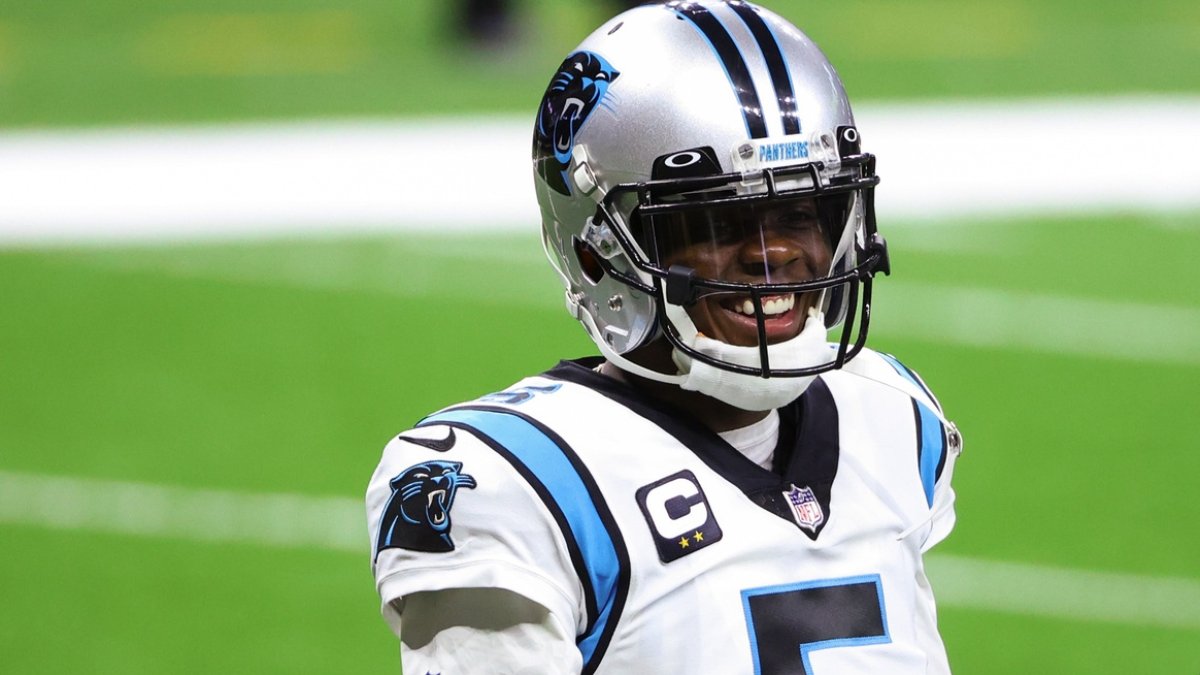Acquiring Teddy Bridgewater doesn’t feel like reason for much optimism for Denver Broncos fans, but given the baseline Drew Lock has set and Bridgewater’s history in the NFL prior to last season, is it possible that this was an underrated move?
There is little denying that 2020 was not good for Bridgewater. He was handed a chance to resurrect his career as a starter in Carolina and prove he had come all the way back from the devastating knee injury that almost cost him his leg in August 2016, let alone his starting job. Even more encouraging was that he was being teamed up with offensive coordinator Joe Brady, a familiar face from their time together with the Saints. Brady was fresh off orchestrating one of the best offenses in college football history with LSU and regarded as one of the best young minds in the game.
If Brady had signed off on Bridgewater and was bringing his expertise to bear, there were reasons to be optimistic about what the duo could achieve.
Subscribe to
While Brady may have held up his end of the bargain, Bridgewater didn’t. He posted an overall PFF grade of just 66.0, the lowest mark he's ever posted in a season with significant playing time.
This is where PFF grade becomes important, as does looking at a complete statistical analysis of a quarterback’s play, rather than leaning heavily on any one number. Bridgewater had a higher completion percentage than Tom Brady last season and the same yards per attempt figure (7.6 yards). The latter mark was good enough to rank 14th in the NFL, ahead of Russell Wilson, Justin Herbert, Lamar Jackson and Matt Ryan, among others.
The passing offense was actually reasonably efficient in many ways. And the offense overall ranked 19th in EPA per play, just below league average. But Bridgewater had the 31st-ranked overall PFF grade in a year of record-setting offensive production throughout the NFL.
In terms of play-by-play grading, the Broncos traded for one of the few quarterbacks in the league who was almost as bad as Lock last season. Luck at least has youth on his side, which often offers a powerful sense of blind optimism that he will eventually put it all together.
But what if last season was an uncharacteristic down year for Bridgewater? He does have two years of starting experience that were better: his first two in the league with the Minnesota Vikings. That offense didn't do him many favors; a generous reading of that performance would be that he played better than the grade given the environment. In his spot duty with the Saints when Drew Brees was injured, he was also better than last year, posting a PFF grade of 73.0 with a turnover-worthy play rate of just 2.1%, much lower than the 3.4% of 2020.
Exclusive content for premium subscribers

WANT TO KEEP READING?
Dominate Fantasy Football & Betting with AI-Powered Data & Tools Trusted By All 32 Teams
Already have a subscription? Log in



 © 2025 PFF - all rights reserved.
© 2025 PFF - all rights reserved.